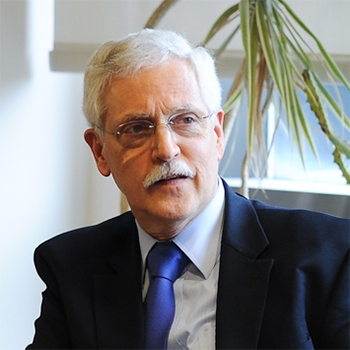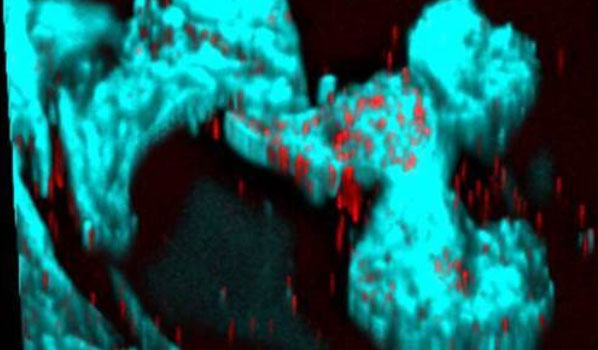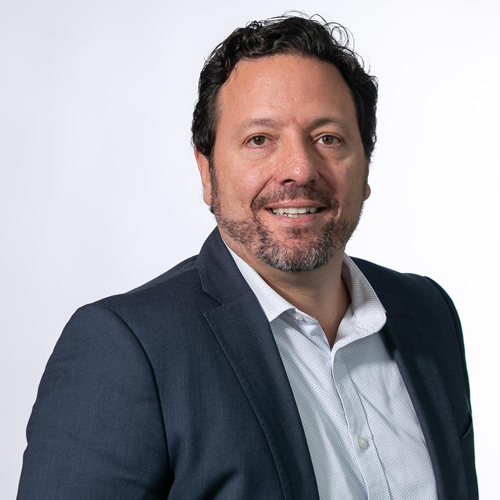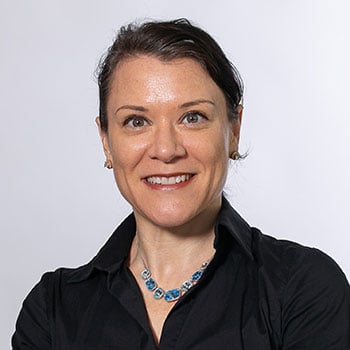Amyotrophic Lateral Sclerosis (ALS) Researchers at the Li Weibo Institute

Robert H. Brown Jr., DPhil, MD
The Leo P. and Theresa M. LaChance Chair in Medical Research and Chair of the Department of Neurology
Brown LabClinical Trials
At the Li Weibo Institute for Rare Diseases Research, our researchers and clinicians are dedicated to finding new treatment options for patients. Our clinical trials program is another way we continue to advance treatments and make new discoveries. If you or someone you know may be interested in a clinical trial, please subscribe for updates and you will be notified when we open up a new trial.
Research That Gives Hope






